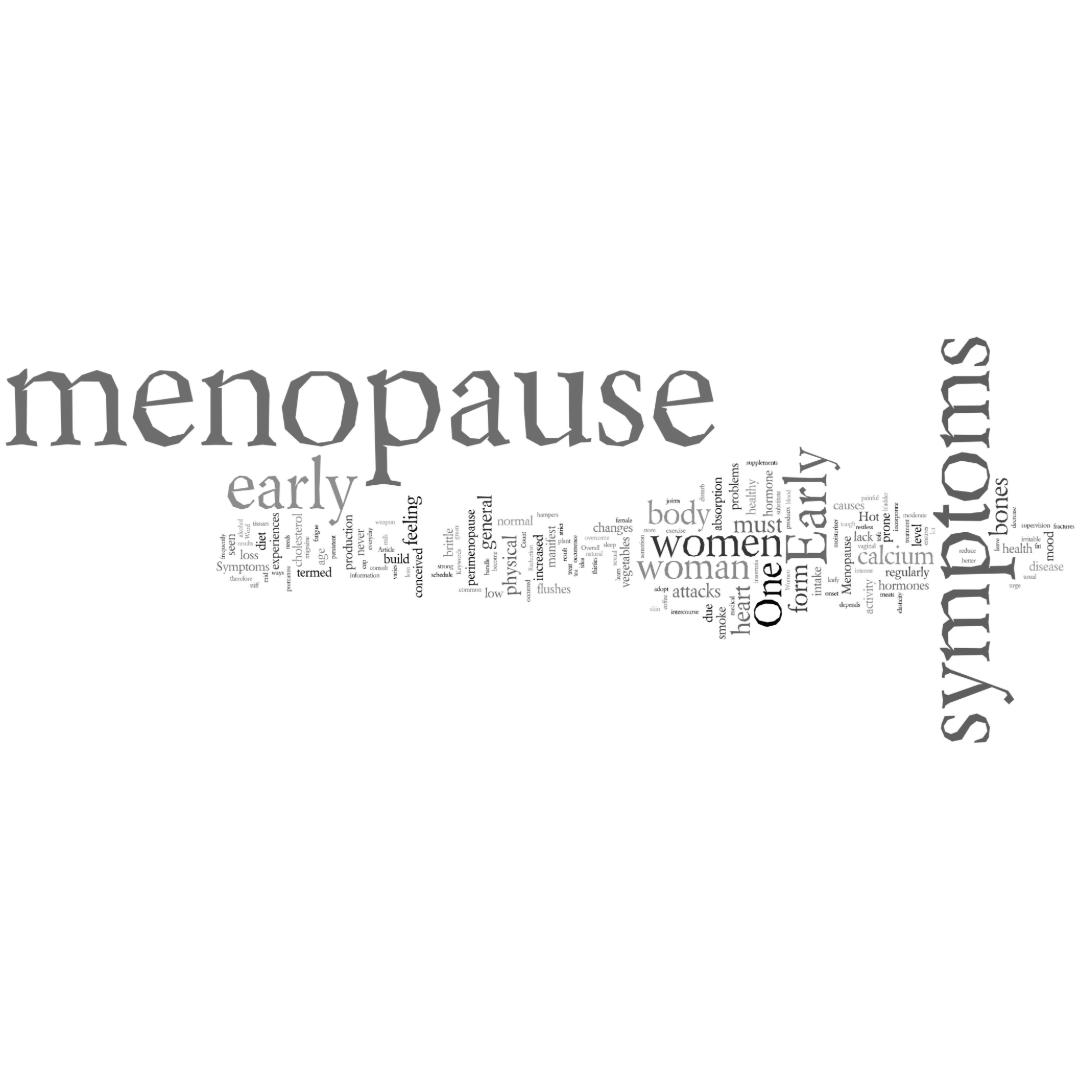Managing Subfertility
Patient Information Blogs Managing Subfertility … 11/05/2024 Managing Subfertility … 11/05/2024 Subfertility: This is a specialty that is led by our fertility clinic, ICSI Pvt. Ltd. (Islamabad Clinic Serving Infertile couples), with branches in Islamabad and Multan, Pakistan. Information is provided below and on the ICSI website. Subfertility (also known as infertility) is not only a medical problem, but also a source of social and psychological stress for couples as soon as they get married. The societal expectation is that pregnancy occurs as soon as marriage occurs, and that the first baby will be born within 9 months of marriage. The pressure to achieve this leads young couples to seek treatment from individuals who lack knowledge of fertility problems, including untrained doctors, hakeems, and dai’s. Medications or interventions provided by them lead to delays in seeking proper treatment as well as complications e.g. infection of the uterus from dai handling. Subfertility: This is a specialty that is led by our fertility clinic, ICSI Pvt. Ltd. (Islamabad Clinic Serving Infertile couples), with branches in Islamabad and Multan, Pakistan. Information is provided below and on the ICSI website. Subfertility (also known as infertility) is not only a medical problem, but also a source of social and psychological stress for couples as soon as they get married. The societal expectation is that pregnancy occurs as soon as marriage occurs, and that the first baby will be born within 9 months of marriage. The pressure to achieve this leads young couples to seek treatment from individuals who lack knowledge of fertility problems, including untrained doctors, hakeems, and dai’s. Medications or interventions provided by them lead to delays in seeking proper treatment as well as complications e.g. infection of the uterus from dai handling. Internationally it is accepted that, if a woman is under 40 years of age, 80% of couples will conceive (become pregnant) within 1 year of trying i.e. having regular unprotected sexual intercourse. By 2 years of trying, only 10% of couples will be unable to become pregnant. Regular unprotected sexual intercourse means having sexual intercourse every 2 to 3 days, without using any condoms, devices, or medication that prevent pregnancy. A conception is defined as having a positive pregnancy test, whether this is a home urine pregnancy test or a blood test. Both test for the pregnancy hormone beta-HCG (human chorionic gonadotropin), but the blood test can detect a pregnancy earlier than a urine test. A conception may or may not lead to a baby. For more information, please see our page on pregnancy loss/miscarriage. We recommend that a couple seeks investigation and treatment at a fertility clinic after trying for 1 year. If the couple has any disease/condition that decreases the chances of conceiving naturally, they should visit a fertility clinic earlier than 1 year. Conditions that can decrease the chances of conceiving naturally For females: Advanced age Endometriosis Blocked fallopian tubes Previous diagnosis of pelvic inflammatory disease Autoimmune disease History of premature menopause in a first-degree relative e.g. mother, sister Genetic disease Treatment for cancer with chemotherapy or radiotherapy Cancer For males: Absent or very few sperm on semen analysis Problems with ejaculation Surgery for an undescended testicle History of surgery or trauma to groin region Trauma to the back or spine Genetic disease Treatment for cancer with chemotherapy or radiotherapy Cancer A baseline assessment of a couple that is trying to conceive includes the following investigations Ovulation status of the female Tubal patency status of the female Semen analysis of the male – If a couple wants to have treatment at our fertility clinic, we advise that at least one semen analysis is performed by our laboratory at ICSI Pvt. Ltd. If you have a history of genetic disease or congenital abnormalities in your family, OR multiple marriages between family members (cousin marriages), the option of genetic testing may be discussed with you. For more information, please visit our page on Genetics. Sometimes additional investigations may be recommended, which vary from couple to couple. Based on the test results and other information received from the couple's history, a treatment plan is devised. This may include one or more of the following: Ovulation Induction with oral medications Controlled Stimulation of the Ovaries (CSO) Intra-uterine insemination (IUI) Assisted Reproductive Technology (IVF – in-vitro fertilisation or ICSI – intra-cytoplasmic sperm injection) For further details on subfertility and treatment options, please visit the ICSI Pvt. Ltd. (fertility clinic) webpage at www.icsi.com.pk. The telephone numbers for appointments are mentioned in Contact Us on this website. Subfertility: This is a specialty that is led by our fertility clinic, ICSI Pvt. Ltd. (Islamabad Clinic Serving Infertile couples), with branches in Islamabad and Multan, Pakistan. Information is provided below and on the ICSI website. Subfertility (also known as infertility) is not only a medical problem, but also a source of social and psychological stress for couples as soon as they get married. The societal expectation is that pregnancy occurs as soon as marriage occurs, and that the first baby will be born within 9 months of marriage. The pressure to achieve this leads young couples to seek treatment from individuals who lack knowledge of fertility problems, including untrained doctors, hakeems, and dai’s. Medications or interventions provided by them lead to delays in seeking proper treatment as well as complications e.g. infection of the uterus from dai handling. Internationally it is accepted that, if a woman is under 40 years of age, 80% of couples will conceive (become pregnant) within 1 year of trying i.e. having regular unprotected sexual intercourse. By 2 years of trying, only 10% of couples will be unable to become pregnant. Regular unprotected sexual intercourse means having sexual intercourse every 2 to 3 days, without using any condoms, devices, or medication that prevent pregnancy. A conception is defined as having a positive pregnancy test, whether this is a home urine pregnancy test or a blood test. Both test for the pregnancy hormone beta-HCG (human chorionic gonadotropin), but the blood test can detect
Managing Subfertility Read More »






